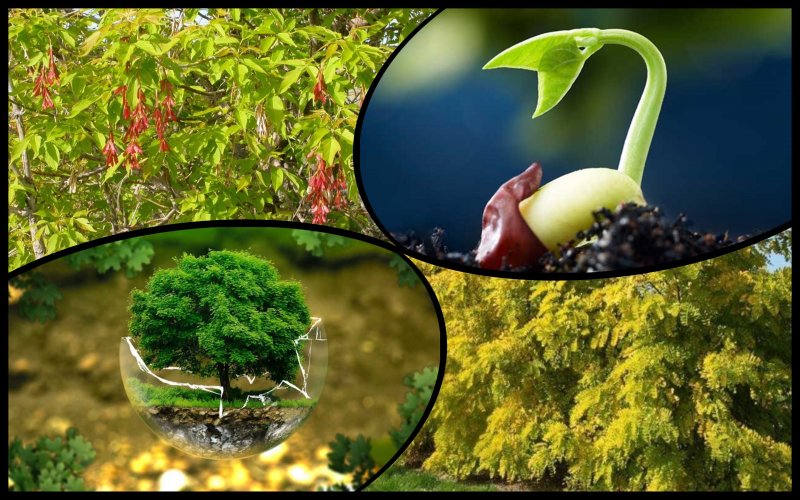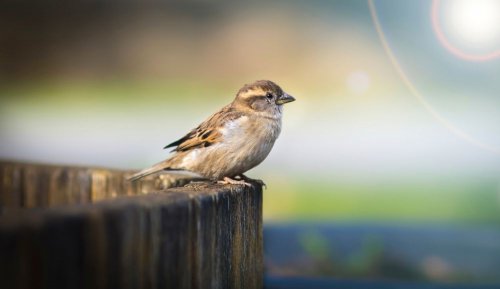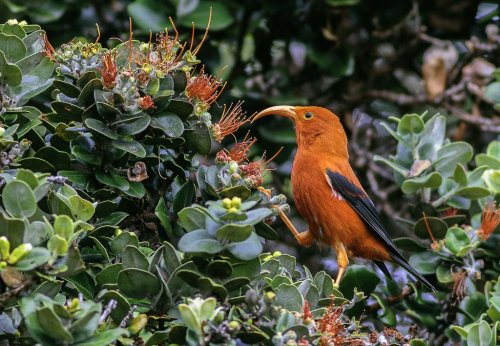In Ukraine, it was forbidden to plant 13 types of invasive, i.e. alien, tree species in forests, because these plants are capable of changing and even destroying natural ecosystems.
Read more about the danger posed by invasive species in the EcoPolitic article.
In nature, each species has its own ecological niche, that is, a plant or animal is perfectly adapted to a certain amount of nutrients, humidity, length of daylight, etc. Also, living things compete for space, pollinators and other natural resources.
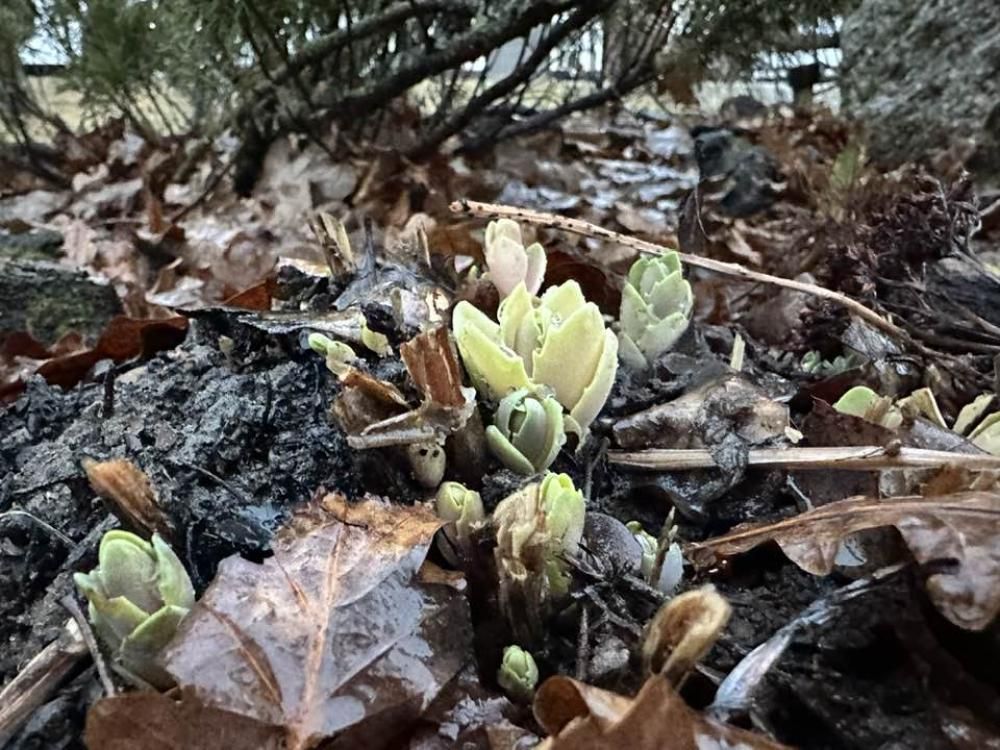
Therefore, biodiversity in natural ecosystems is in a certain harmony, which makes them resistant to changes.
However, everything changes when invasive species enter the ecosystem. They have no natural enemies, and local animals are often unable to hunt them or defend themselves against them. Such species spread especially actively in damaged ecosystems.

Invasive Sosnowski's borschivka, which causes burns (presspoint.in.ua)
The example of Australian rabbits is illustrative. They were introduced as domestic animals by the colonists in 1788, and in 1859 they got into the wild. In 10 years, the rabbit population increased so much that the annual extermination of two million animals did not affect its number. Rabbits have become the main reason for the extinction of many species of Australian animals. Due to the fact that they eat only the upper part of the plants, the rabbits also increased erosion processes, because they left open soil behind.

The list of invasive species of trees that are prohibited to be planted for the creation and restoration of forests and field protection strips, approved by the Ministry of Environmental Protection and Natural Resources, includes 13 of the most aggressive species of trees, namely:
- Aralia Manchurian;
- elm is low;
- spiky thorn;
- black walnut;
- red oak;
- western frame;
- ash maple;
- narrow-leaved olive;
- paulownia (species and hybrids);
- common robinia;
- late cherry;
- Pennsylvania ash.
These trees grow very quickly in the first years of life and have high seed productivity. In this way, they do not give local trees a chance to germinate, occupying new territories and depriving other plants of access to light.
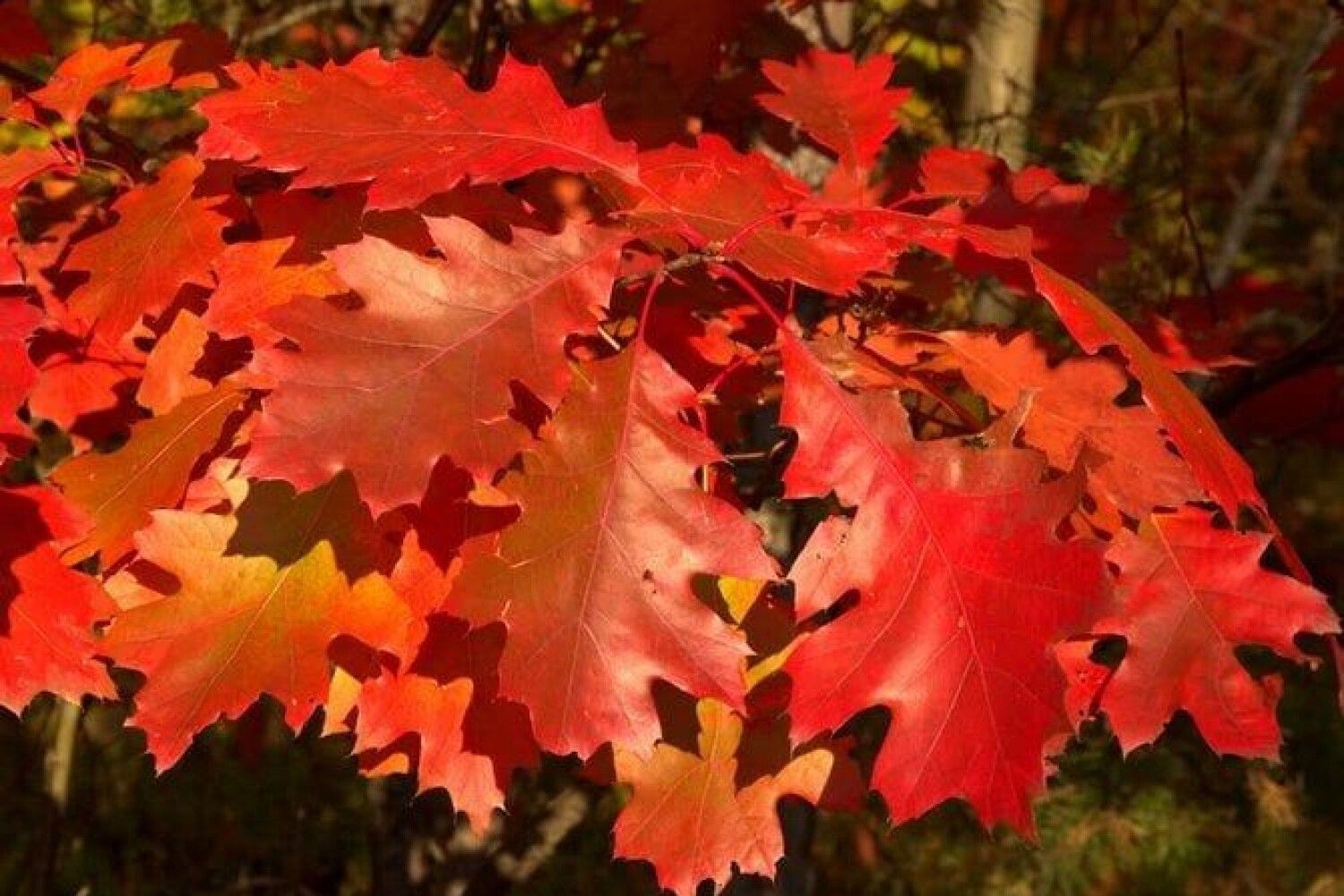
The spread of invasive plants reduces the biodiversity of insects and, as a result, birds, mammals and other animals. Some populations may simply disappear.
For example, common robinia, also called white acacia, is native to North America. In Ukraine, it captured the steppe and forest-steppe zones. The plant contains toxic compounds, which is why local animals, unlike American ones, do not eat it. She is not afraid of droughts and can even tolerate fires. In addition, robinia can form impassable thickets of thorny bushes.
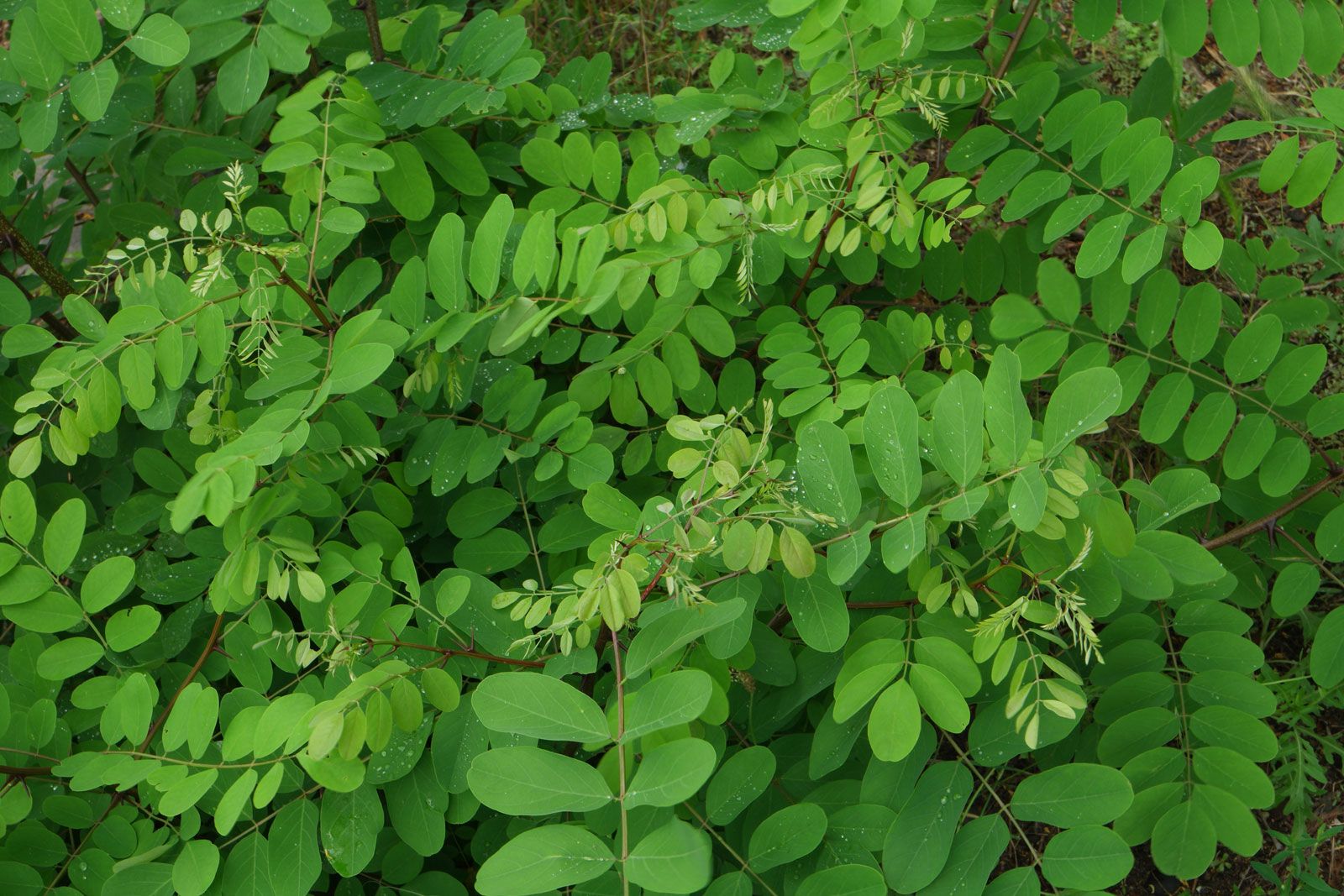
The spread of animal and plant species to new territories is a normal biological process. However, thanks to humans, aliens spread very quickly and ecosystems do not have time to adapt to them. That is why the fight against invasive species is one of the main measures to preserve biodiversity.
We will remind you that the European Commission filed an appeal to the European Court against Bulgaria, Ireland, Greece, Italy, Latvia and Portugal for the spread of invasive (alien) species of plants and animals.

